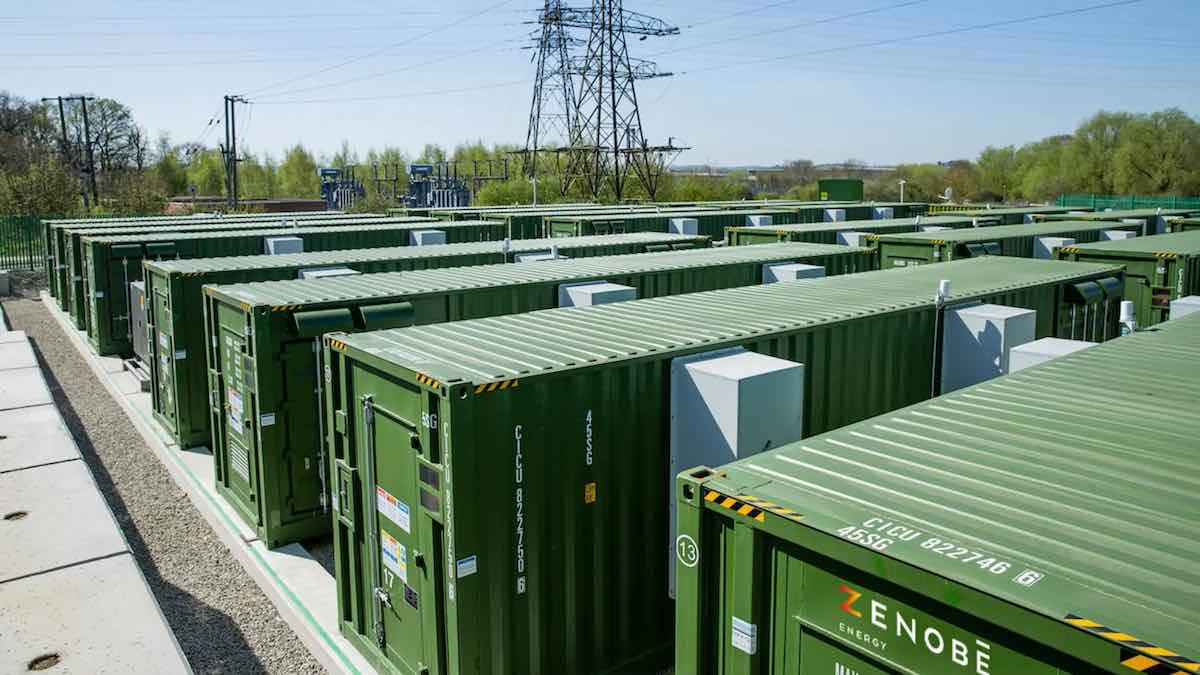British EV fleet and battery storage specialist Zenobē has announced the beginning of construction on three battery storage projects across Scotland which, when complete, will together boast capacity of 1GW/2GWh.
Totalling an investment of £750 million, the three projects include the 300MW/600MWh Blackhillock project, with the 200MW/400MWh first phase due to go live in the first half of 2024.
The 300MW/600MWh Kilmarnock South project has a first 200MW/400MWh phase due to go live in the second half of 2024, while a 400MW/800MWh Eccles project is due to go live in the first half of 2026.
Construction at the Blackhillock site got underway this month, following Zenobē’s 50MW/100MWh battery project at Wishaw, which is expected to go live in the first half of 2023. The Wishaw battery storage project is the first to win a constraint management contract and the first in Scotland to connect directly to the transmission network.
All four projects serve to deliver a project portfolio for Zenobē of 1,050MW/2,100MWh.

Over the planned 15 years of operation the three sites are expected to save up to 13.4 million tonnes of CO2 and help to lower consumers bills by over £1 billion by reducing the curtailment of windfarms over the same period.
Each of the three battery projects are contracted to provide stability services to the UK’s National Grid Electricity System Operator (NGESO), helping to improve the reliability of the UK’s growing renewable energy sources.
Moreover, these are reportedly the first commercial contracts in the world to use transmission connected batteries to provide short-circuit level and inertia, an essential tool for the grid to function efficiently as fossil fuel plants are continually phased out of operation.
World firsts
“Zenobē is transforming the uptake of clean power, enabling the UK to become both more independent and greener in how it generates electricity,” said James Basden, co-founder and director of Zenobē.
“These projects are using the latest technological innovation to make renewable energy more reliable and affordable at a national scale. This is the future for how utility scale battery projects will work on every grid.
“Our projects at Blackhillock, Kilmarnock South and Eccles are world-firsts for battery storage, addressing a key, complex hurdle to the uptake of renewables in an innovative way and pushing forward our progress to energy independence and a zero-carbon grid.”
The deployment of large-scale battery storage is particularly important in a country like Scotland, which currently uses 96% carbon-free generation. The rapid rollout of wind power across the country has meant the transmission network is becoming more congested, leading to the expensive shutdown of wind farms.
As such, the location for each of the three Zenobē battery storage projects was chosen specifically to help reduce this curtailment, allowing for more power to reach the grid, helping to lower bills for consumers and increase the UK’s energy independence.










